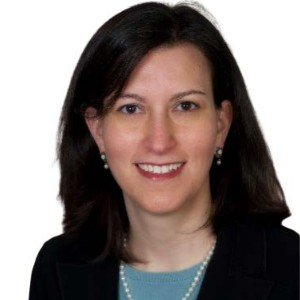Urban Transformations & Regional Resilience | Virtual Lecture Series
A Computational Framework to Support Government Policy-Making for Regional Disaster Resilience

Rachel Davidson
Wednesday, February 17, 2021
12:00 - 1:30 PM (EST)
Registration Link | Flyer
This talk will describe a computational framework that can be used to identify disaster risk management policy solutions based on behavior of the system as a whole, including interactions among multiple types of stakeholders (homeowners, insurers, government, reinsurers) and strategies(retrofit, insurance, property acquisition). Specifically, it supports the following government decisions:(1) how much to spend on supporting retrofits, (2) how to regulate the price of extreme event insurance, (3) how to allocate spending between homeowner retrofit grants and property acquisition, and (4) how to design retrofit grant and acquisition programs (e.g., grant amount to offer). The framework includes four interacting mathematical models—stochastic programming optimization models to represent government and insurer decisions, empirical discrete choice models of individual homeowner decisions, and a regional loss estimation. It includes a description of how insurers and homeowners are expected to respond to government policies and what the outcomes will be for each stakeholder type. A full-scale application for hurricane risk in eastern North Carolina suggests it is possible to identify system-wide win-win solutions that are better both for each stakeholder type individually and for society as a whole. The talk will conclude with reflections on how this type of modeling fits into the larger context of urban systems and future directions.
Rachel Davidson is a Professor in the Department of Civil and Environmental Engineering, a core faculty member in the Disaster Research Center, and Associate Dean for Academic Affairs and Chief Diversity Advocate in the College of Engineering at the University of Delaware.
She conducts research on natural disaster risk modeling and civil infrastructure systems. She is a Fellow and Past-President of the Society for Risk Analysis, a Fellow of the Executive Leadership in Academic Technology and Engineering (ELATE)program, and recipient of the 2019 ASCE Charles Martin Duke Lifeline Earthquake Engineering award.
